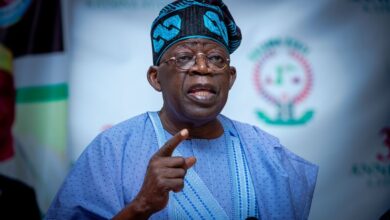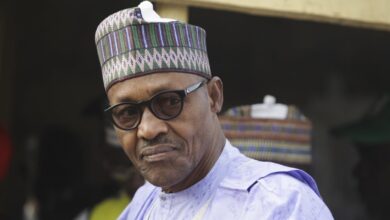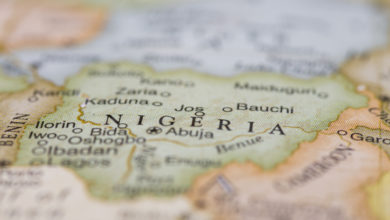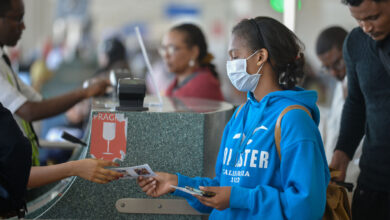Nigeria
Nigerian Doctors Group Calls Off Week-Long Strike After Government’s Assurance
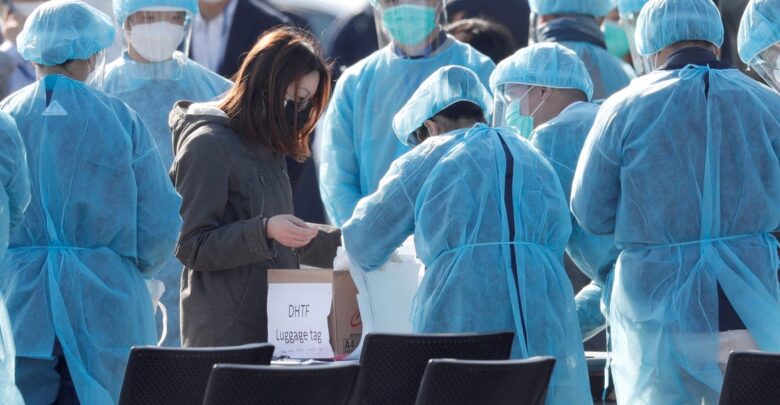
Nigerian resident doctors in state-run hospitals have suspended a strike that they had called last week over welfare and inadequate protective equipment amid an increase in coronavirus cases in the country, reported Reuters.
The strike that began last Monday exempted medics from treating coronavirus patients. The doctors raised a number of issues, including the inadequate provision of personal protective equipment (PPE) and called for hazard pay for those working close to the virus. They also demanded better benefits, the general welfare of the doctors.
The National Association of Resident Doctors (NARD) announced it would give two weeks time to the government to meet its demands. It threatened that after the deadline even those doctors treating COVID-19 patients would join the strike.
The doctors union said in a communique that it suspended the strike from Monday after the Nigerian government officials have given a commitment to procuring life insurance for health workers, and the inclusion of funding for training of residents in the 2020 budget.
“This decision to suspend the strike action was taken in order to give the federal and state government time to fulfil the outstanding demands,” the communiqué read.
It said that the national officers shall continue negotiations with stakeholders and progress shall be reviewed in four weeks.
Meanwhile, the Nigeria Centre for Disease Control reported the number of confirmed COVID-19 cases rose to 20, 919 on Monday as 675 new infections were reported. A total of seven deaths were recorded from the virus on Monday, taking the deceased toll to 525. Notably, the novel coronavirus has infected over 800 healthcare workers in the country.
The Nigerian health agency confirmed that the new cases were reported in 21 states including Lagos, Gombe, Ondo, Kaduna, Oyo, Rivers, Delta, Ogun, Ebonyi, Kwara, Federal Capital Territory ( FCT), Edo, Abia, Sokoto, Bauchi and Plateau, Nasarawa, Imo, Bayelsa, Borno, and Katsina.


